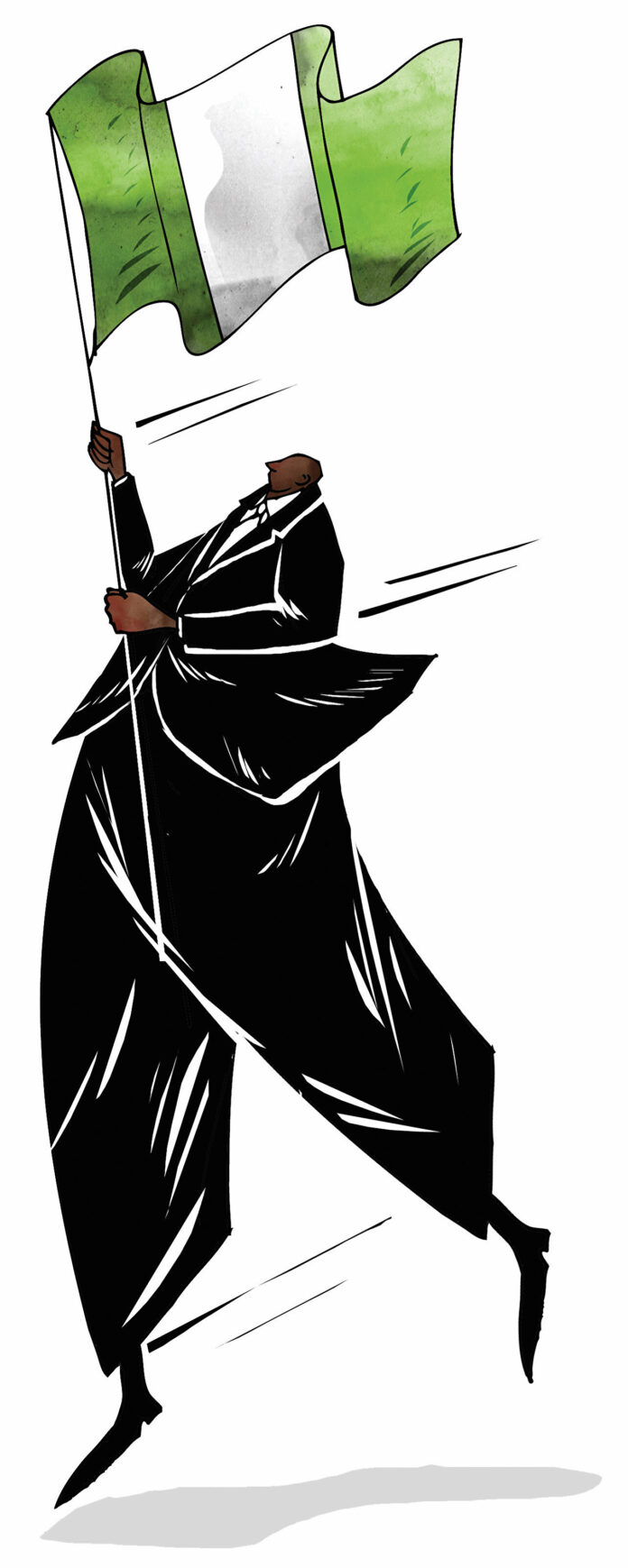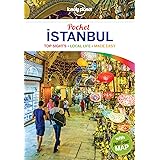MİMAR SINAN FINE ARTS UNIVERSITY FACULTY MEMBER
Nigeria, which is among the D-8 countries led by Turkey, attaches importance to its bilateral relations with Ankara. Nigeria became the center of attraction in the region with the establishment of the Economic Community of West African States (ECOWAS) in 1978, in which the free movement of citizens of the member states was guaranteed.
Nigeria, which gained its independence in 1960, has a deep-rooted history and culture. Missionary motivation and greed for profit from trade motivated Portuguese sailors to take over the west coast of Africa at the end of the 15th century. Portugal entered the transatlantic slave trade with slaves obtained from Nigerian lands. Influencing Benin, the Portuguese controlled the Bay of Benin, famous as the “slave coast”, for the slave trade.
The coasts of Angola and Nigeria, where as many as 40 percent of slaves sent to America were transported, have always been important. In the 17th century, the Dutch broke the Portuguese slave trade monopoly. In the 18th century, the English and French rivalries spread to this region and pushed the Dutch back in terms of the slave trade. Although colonial countries such as Denmark and Sweden tried to capture a colonial share in the Nigerian geography, England had the largest share in the slave trade in the 18th century. Two-fifths of the slave trade ships heading towards the Americas belonged to England.
One-third of the slaves sent to America in the 19th century were of Nigerian origin. At least 3.5 million slaves were shipped from Nigeria during the entire trade period. Nigeria became one of the most populous African countries thanks to British colonialism outstripping its rivals. After Lagos became a British colony in 1861, Flora Shaw put forward the idea of uniting the British-controlled areas under the umbrella of Nigeria in 1898, and the name Nigeria was used for the first time that year. In 1914, Nigeria was formed by merging the northern and southern regions. Nigeria was formed with the colonial staff of colonial England.
Keeping the ideal of independence alive despite the British influence, the Nigerian people first moved towards autonomy and then independence after the First World War. As a matter of fact, the words of the soldiers became valid in the country that gained independence in 1960. Until 1998, governments established as a result of military coups came to power. With the constitution adopted in 1999, civilian governments were paved the way. The multicultural and ethnic Nigerian nation is experiencing the longest period of civil rule and stability after its independence. The civilian government, which won the 2007 elections, took over again from the civilian government. The elections in 2015 were between Mohammed Buhari and Goodluck Jonathan. Buhari defeated his rival in the presidential seat and became the new head of state.The winner of the two rivals, who met once again in the 2019 elections, was Buhari, nicknamed “Baba”.
Buhari was chosen as a reliable leader to fight the country’s chronic corruption and security problems, as well as poverty. In addition to the terrorist acts caused by armed gangs and Boko Haram, shepherd-farmer conflicts also negatively affect the public. Although terrorist movements could not be prevented, a remarkable struggle is being made against terrorism. Government; It has undertaken difficult tasks such as institutionalizing democracy, ensuring fair income distribution, diversifying oil-based incomes, investing in education, health and industry, and providing employment. Time will tell how successful the government, which has also promised to make preventive reforms against decades-old corruption allegations, will be successful.
Rich Natural Resources
Today, Nigeria has the largest economy in West Africa. Ninety percent of its exports consist of crude oil and natural gas. Exporting 40 billion dollars of oil and 5 billion dollars of natural gas, the country’s total exports are about 50 billion dollars and its imports are around 40 billion dollars. During the epidemic, the balance of exports and imports deteriorated. While exports were in surplus, epidemic imports increased. Turkey‘s exports to Nigeria, which exports raw materials and imports finished products, are at the level of 578 million dollars and imports are around 147.5 million dollars. The GDP figure is approximately 450 billion dollars, and the per capita national income is approximately 2100 dollars. Nigeria, which is among the D-8 countries led by Turkey, attaches importance to its bilateral relations with Ankara.
Leader Country of the Region
Nigeria became the center of attraction in the region with the establishment of the Economic Community of West African States (ECOWAS) in 1978, in which the free movement of citizens of the member states was guaranteed. There are 15 member countries in the community, of which Turkey has been an observer since 2005: Benin, Burkina Faso, Ivory Coast, Gambia, Ghana, Guinea, Guinea-Bissau, Liberia, Mali, Niger, Nigeria, Senegal, Sierra Leone, Togo, Cape Verde Islands. (Cape Verde). Ethnic and religious differences, many local languages, and a culture of reconciliation provided by democratic understanding continue to exist in the country. Infrastructure deficiencies in health, education and transportation are among the first noticeable negativities. But Nigeria is an important country in the region and in Africa, which has economic power and has a valuable say in political relations. Egypt in the north on the African continent,Nigeria is an active and powerful country in West Africa like the Republic of South Africa in the south. It is a country of attraction in West Africa and the surrounding countries. Nearly half of the population of over 200 million lives on a dollar a day income, but it also has a serious middle class and wealthy population. Any way you look at it, Nigeria is a powerful and promising country in Africa.





















